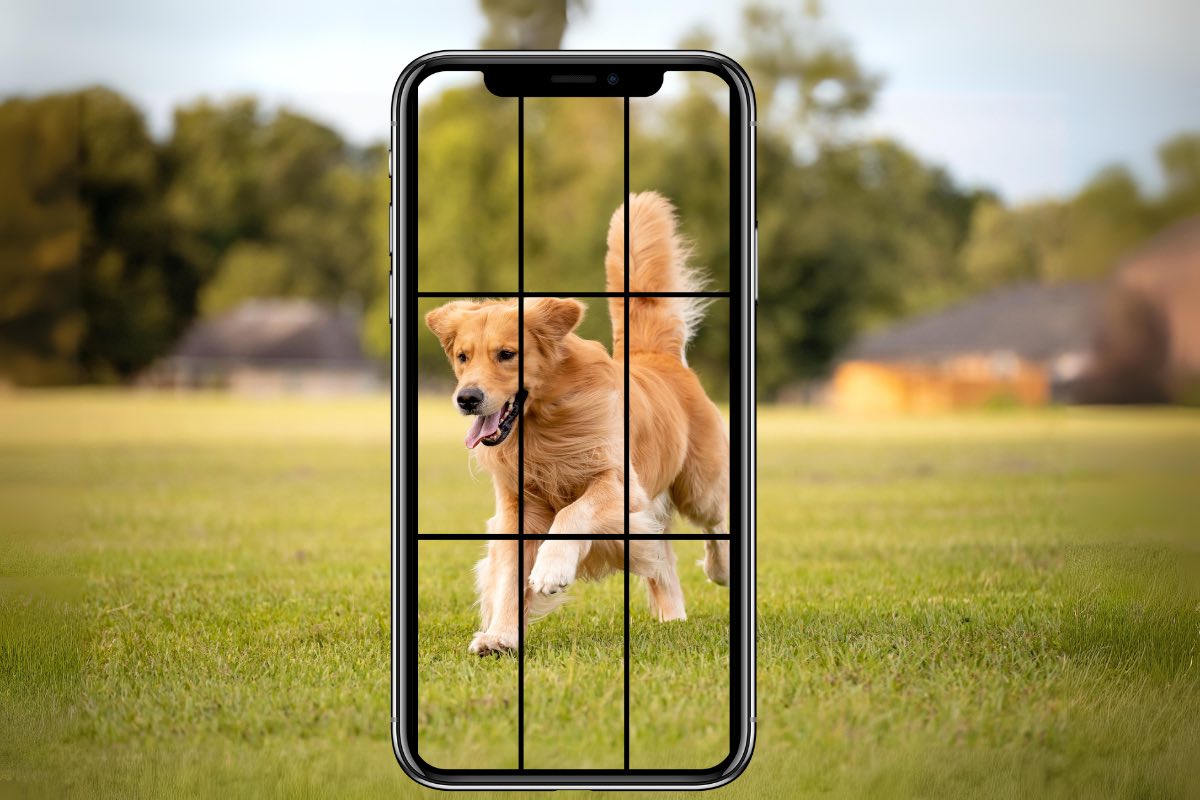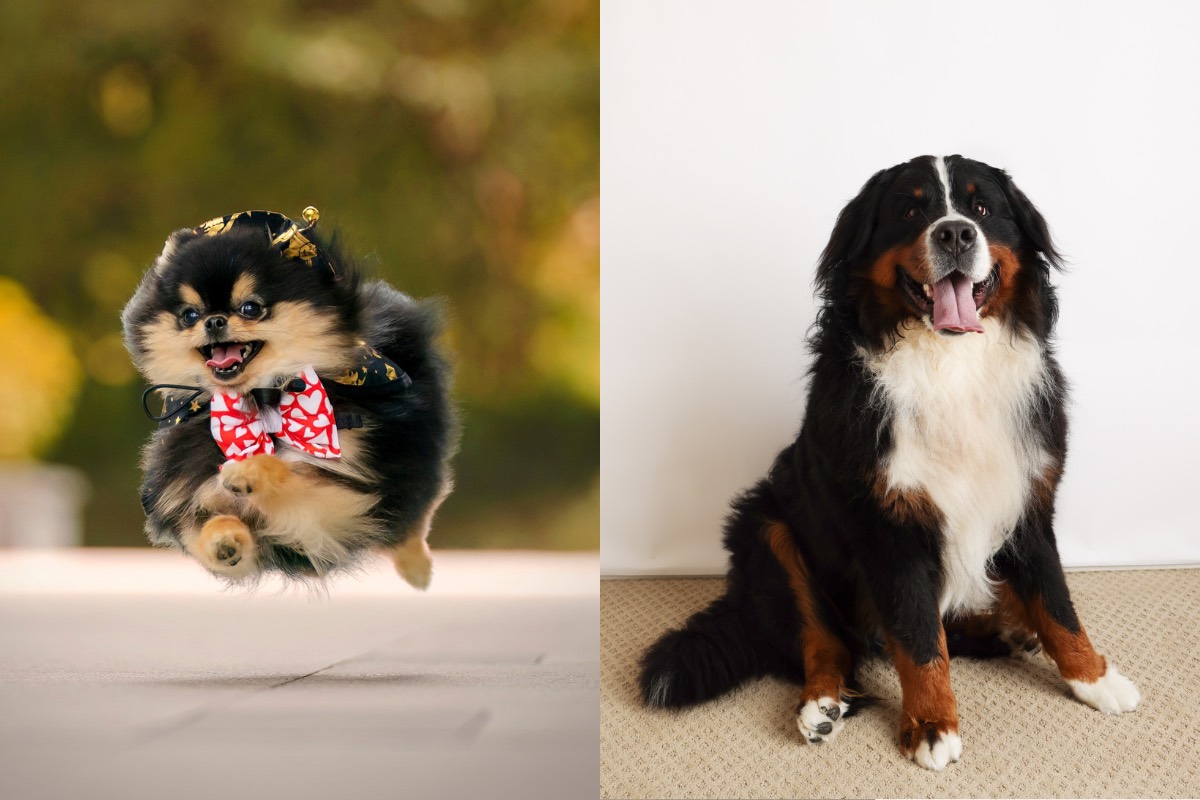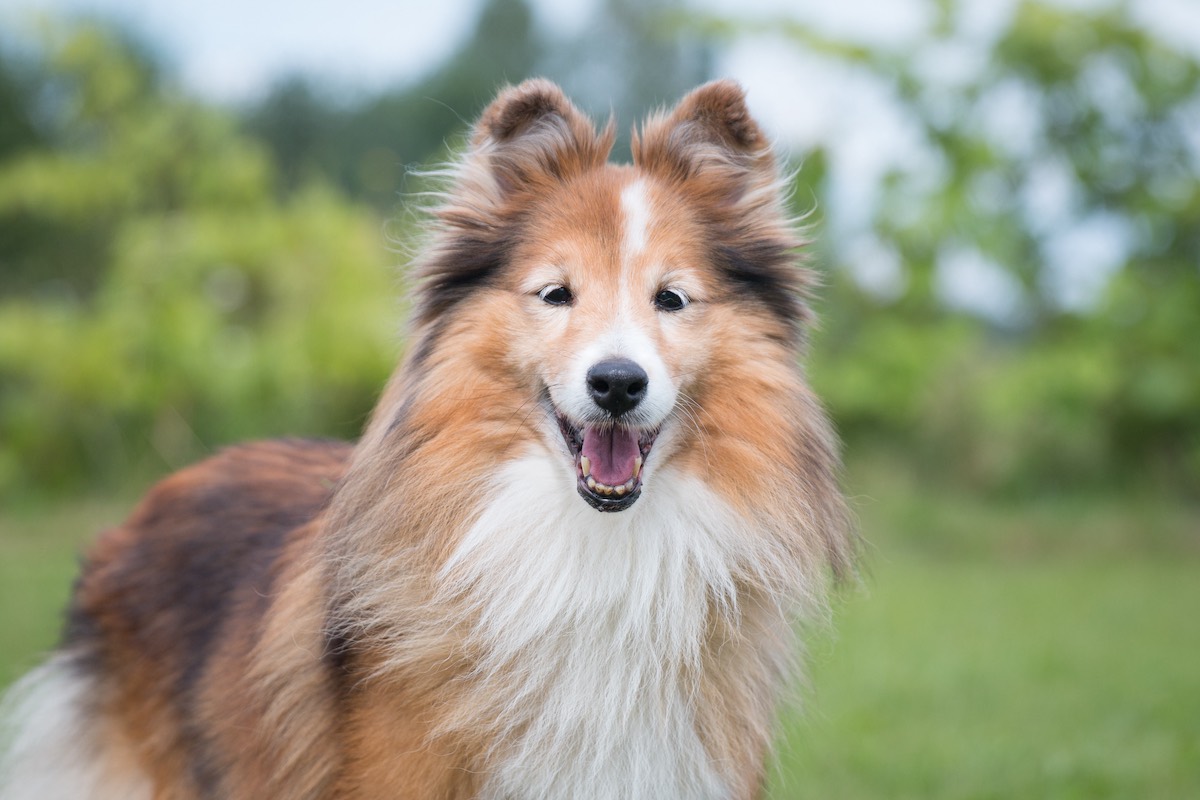The Best DIY Summer Treats to Keep Your Pets Cool and Happy
Summer can be a fun time for outdoor adventures, but it’s important to ma...
November 26, 2024
A friendly notice that we will have a price increase from the 1st July 2021. Please be sure to get in touch with our team if you have any questions.
November 1, 2024
As a dog boarding facility & cattery, we’ve noticed that capturing photos of our beloved pets has grown increasingly popular over the years. From playful kittens to dignified senior dogs, photographing these cherished moments allows us to fondly remember our animal friends. However, photographing pets can be challenging due to their spontaneous bursts of energy and the quest for optimal lighting. This guide provides all the tips and tricks you need to take stunning photos of your four-legged companions. With the right techniques and persistence, anyone can achieve picture-perfect pet portraits.
When photographing your furry companions, natural light is your best friend to make them truly stand out. The light around sunrise and sunset, known as the golden hour, offers a soft, even glow that enhances their features beautifully outdoors. This warm, gentle light adds an especially flattering touch.
For indoor shots, position your pets near a window to utilise natural light. This approach results in stunning, natural-looking photos without the harsh shadows often created by artificial lighting. Placing them by a window is a surefire way to capture exquisite pet portraits.
Flash photography is often not ideal for capturing your pets. The flash can create red-eye or harsh shadows that are unflattering. Additionally, it might startle your furry friend, resulting in an awkward expression rather than a charming one. For low-light conditions, consider increasing the ISO setting or using the ‘night mode’ on your phone’s camera. Alternatively, a continuous light source, such as a ring light, offers a softer illumination that won’t frighten your pet. Happy snapping!
When taking your pet photos, various lighting setups can achieve different effects. Front lighting, where the light source is directly in front of your pet, highlights their face and reduces shadows, ideal for crisp and clear images. Side Lighting, with the light coming from the side, adds depth and texture, accentuating the contours of their fur and body and giving the photos more dimension. Backlighting, where the light is behind your pet, can create dramatic silhouettes, especially effective at sunrise or sunset.

A fundamental photography tip is to use the rule of thirds, which involves dividing your photo into a 3×3 grid. Positioning your pet along these lines or at their intersections creates a more balanced and visually appealing composition. This grid helps place your subject in a more engaging spot rather than just the centre. Try this technique the next time you photograph your furry friend!
Capturing photos from your pet’s eye level results in outstanding snapshots. Shooting from their perspective creates a more personal and engaging image, giving the viewer a sense of your pet’s world. Simply kneel or lie down to position the camera at their height. Alternatively, use a swivel-screen camera or an adjustable tripod. This approach is sure to produce heartwarming photos every time!
A simple background ensures that your furry friend remains the focal point, while a background with context can add interest and tell a story about their favourite hangout spots. For a refined look, consider blurring the background. Using portrait mode on your iPhone can achieve this effect, isolating your pet and making them the star of the photo.
When photographing your pet, incorporate natural framing elements like trees, doors, or furniture to direct attention toward your furry friend. This composition technique adds depth and draws focus to your pet. Additionally, you can use leading lines, such as pathways, fences, or the direction your pet is looking, to guide the viewer’s gaze. These visual cues help ensure that all eyes are on your four-legged star.
When photographing your furry friends, consider their unique personalities. Understanding what excites or calms them will help you capture their true character. Select backdrops that match their nature—an energetic dog might thrive in a park, while a relaxed cat prefers a cosy nook. Including their favourite toys or activities can reveal their genuine spirit, making the photos more engaging. By focusing on what makes each pet special, you’ll create images that truly reflect their individuality.
To capture your pet in playful moments, keep your camera ready and use fast shutter speeds to freeze the action. Many modern smartphones have this setting available. Engage your pet in play and snap photos when they’re most active. For tranquil moments, slower shutter speeds and softer lighting are ideal to showcase the serene side of your pet.
Patience is key in pet photography. Take your time and wait for the perfect moments to capture your pet’s personality. Observing their behaviour and understanding their routines will help you anticipate the best opportunities for a great shot.

Anticipating your pet’s next move can help you capture perfect shots. Spend some time observing their behaviour so you can predict their actions.
To get your pet to stay still for the camera, use familiar commands. Reward them with a treat or a part when they obey to keep them engaged. Hold a treat or a toy near the lens to maintain their attention. This technique will help you capture that ideal pet portrait.
Creating a relaxed environment also helps your pet feel at ease in front of the camera. Minimise distractions and choose a quiet spot. With a calm setting, it will be easier to take those posed puppy pictures.
For most dogs, following basic commands makes capturing the perfect image much easier. Instructions like “sit” and “stay” work well to achieve picture-perfect poses. You can also use treats or playful sounds to capture their attention and create a variety of expressions.
When photographing cats, keep in mind that they are more independent than dogs and won’t follow commands. Stay calm and allow them to move naturally, capturing their spontaneous actions without forcing poses. Cats are naturally curious, so use toys or sounds to draw their attention and direct their gaze toward your camera.
Capturing good photos of multiple pets can be challenging due to their unique personalities. Use treats and toys to hold their attention and get them all looking at the camera simultaneously. Ensure each pet is clearly visible and well-lit in the shot for the best results.

Keep the atmosphere light and low-pressure when photographing your pet. Help them get comfortable with the camera by incorporating playtime and tasty treats as rewards for positive engagement. This trains them to associate photo sessions with fun. Take regular breaks during the shoot to prevent them from becoming restless or irritable. Maintain their motivation by offering plenty of praise and treats, ensuring they remain cheerful. Involving other household members can make the experience more enjoyable for your pet and help capture more natural moments together.
With practice and patience, you can enhance your pet photography skills and create lasting memories of your furry family members. Capturing photos that highlight their personality and special moments is invaluable. Start your pet photography journey now and enjoy documenting your pet’s unique moments.
Summer can be a fun time for outdoor adventures, but it’s important to ma...
November 26, 2024
Welcoming a new puppy, kitten, or rescue pet into your home is an incredibl...
November 1, 2024
As a dog boarding facility & cattery, we’ve noticed that capturing ph...
November 1, 2024